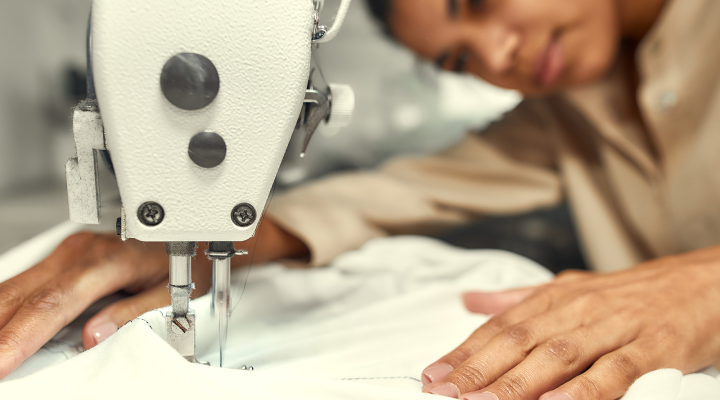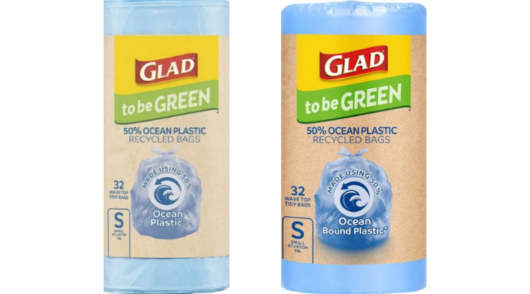Just Group, Myer and Mosaic Brands have been singled out for their supply chains’ lack of transparency in a new report launched by Oxfam Australia today.
The ‘Shopping for a Bargain’ report assessed the purchasing practices of H&M, Big W, Kmart, Target, Best&Less, Cotton On, Myer, Just Group, Inditex and Mosaic Brands on the grounds of transparency, commitment to providing a living wage, as well as their order forecasts and social and environmental incentives to improve.
“Globally, it is increasingly acknowledged these ways of doing business, known as purchasing practices, have a significant impact on wages and working conditions,” the report reads.
“Conventional purchasing practices, such as aggressive price negotiation, inaccurate forecasting of orders, late orders, short lead times and last-minute changes to orders, put manufacturers under intense pressure, resulting in poor working conditions and low pay for workers.”
And consistently, the report found that brands rated themselves higher than their factory partners would, indicating a failure to understand the impact of their behaviour.
Mosaic Brands and the Just Group were labelled as the worst performers overall, while Best&Less seemed to have the largest discrepancy between its own rating and its factory’s rating. Additionally, the report found that product prices to not necessarily equate to more sustainably made products or more ethically treated workers, with Myer’s more expensive clothing falling short of H&M’s more affordable wares on both accounts.
“While many shoppers may think low priced fashion retailers source from factories that manufacture unethically, retailers like H&M Group, Big W, Kmart and Target Australia performed well in terms of overall ratings,” said QUT Business School professor of marketing Gary Mortimer.
“The challenge retailers face is length of supply chains and blurred transparency. While retailers will strive to put ethical sourcing strategies in place, without constant monitoring and auditing, it is often difficult to gauge what is taking place at the other end of the supply chain.”
Oxfam went on to call on brands to urgently improve their practices to reduce exposure to potential human rights risks in their supply chain.






